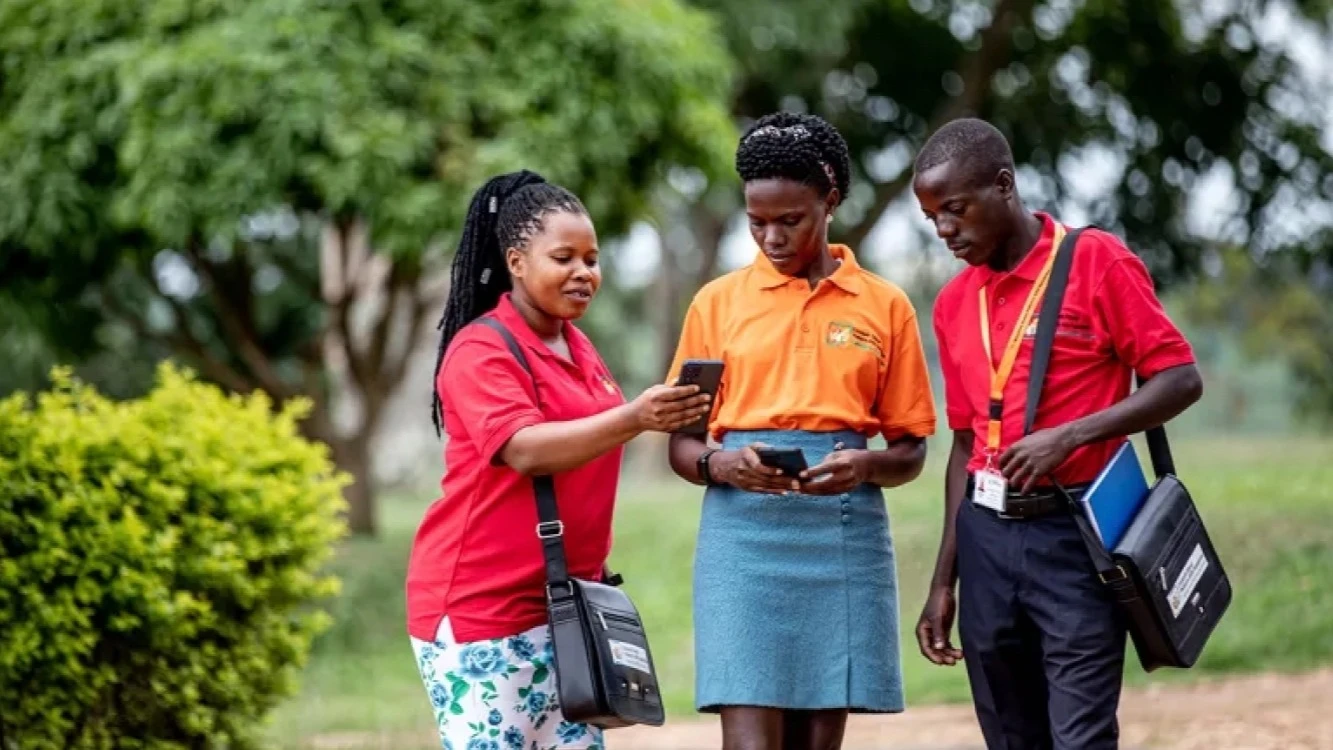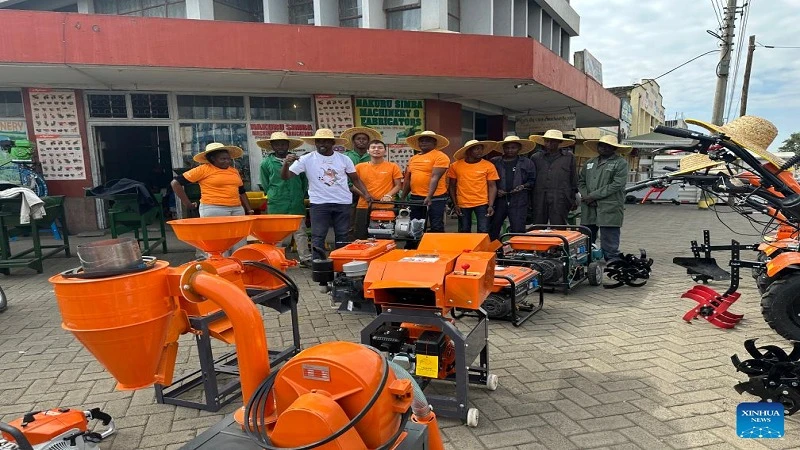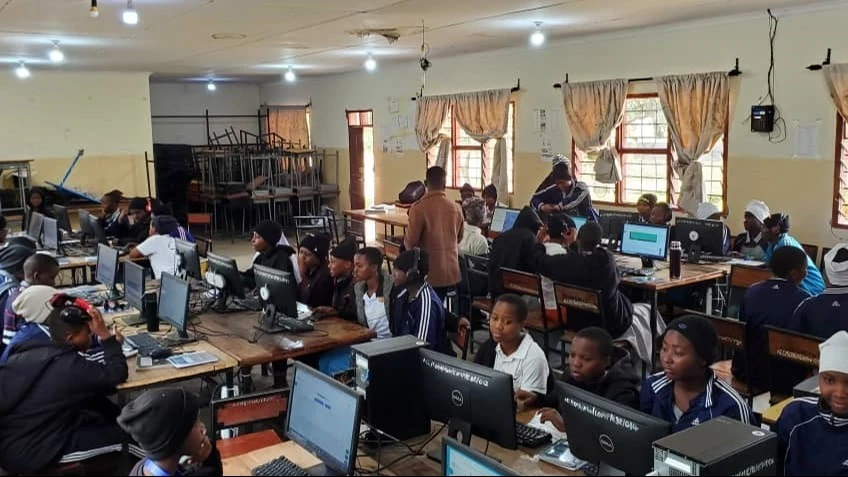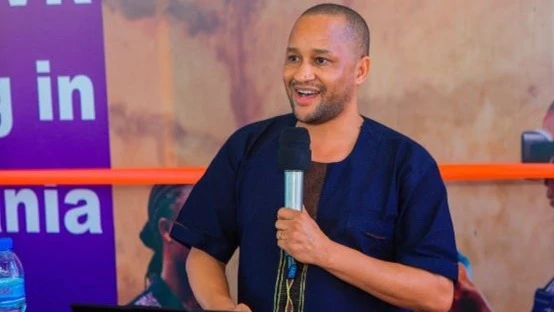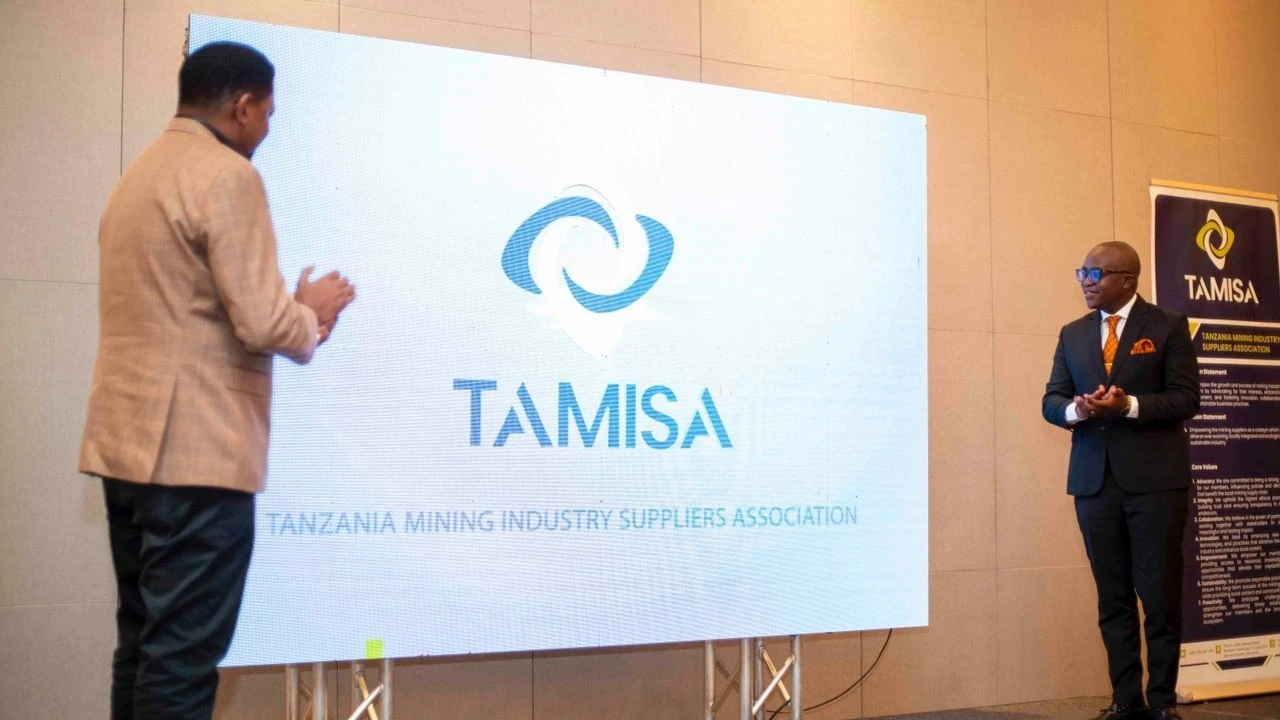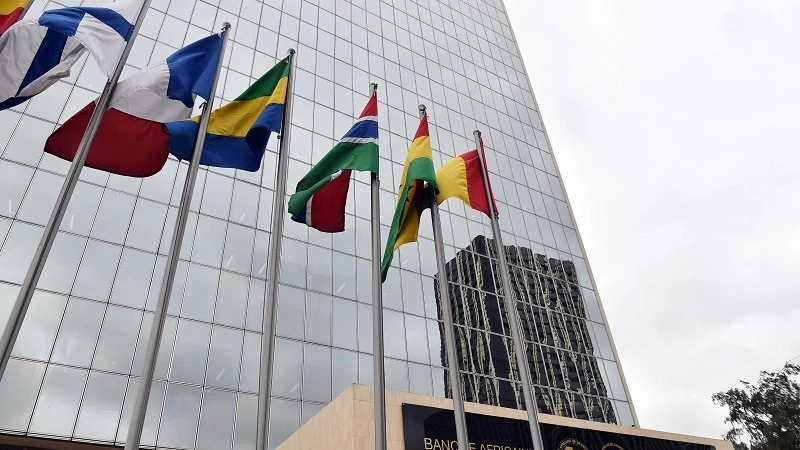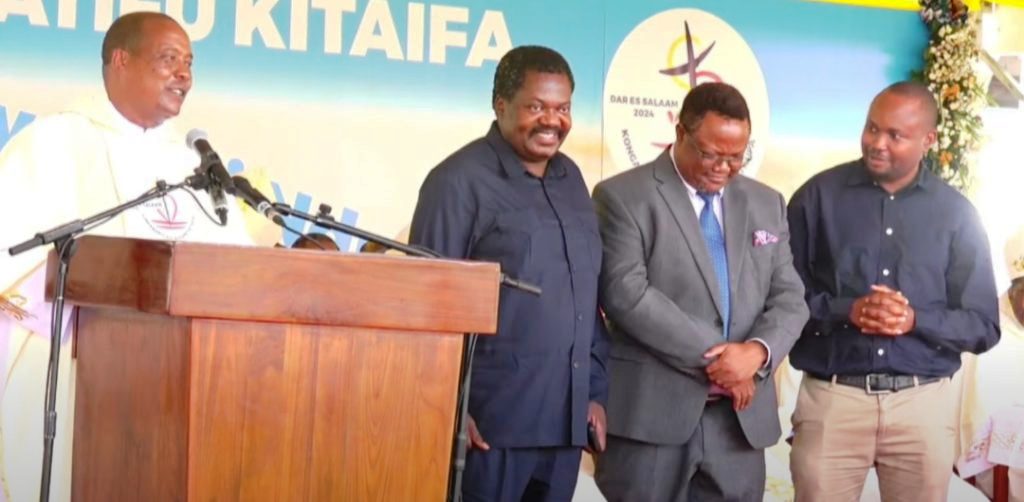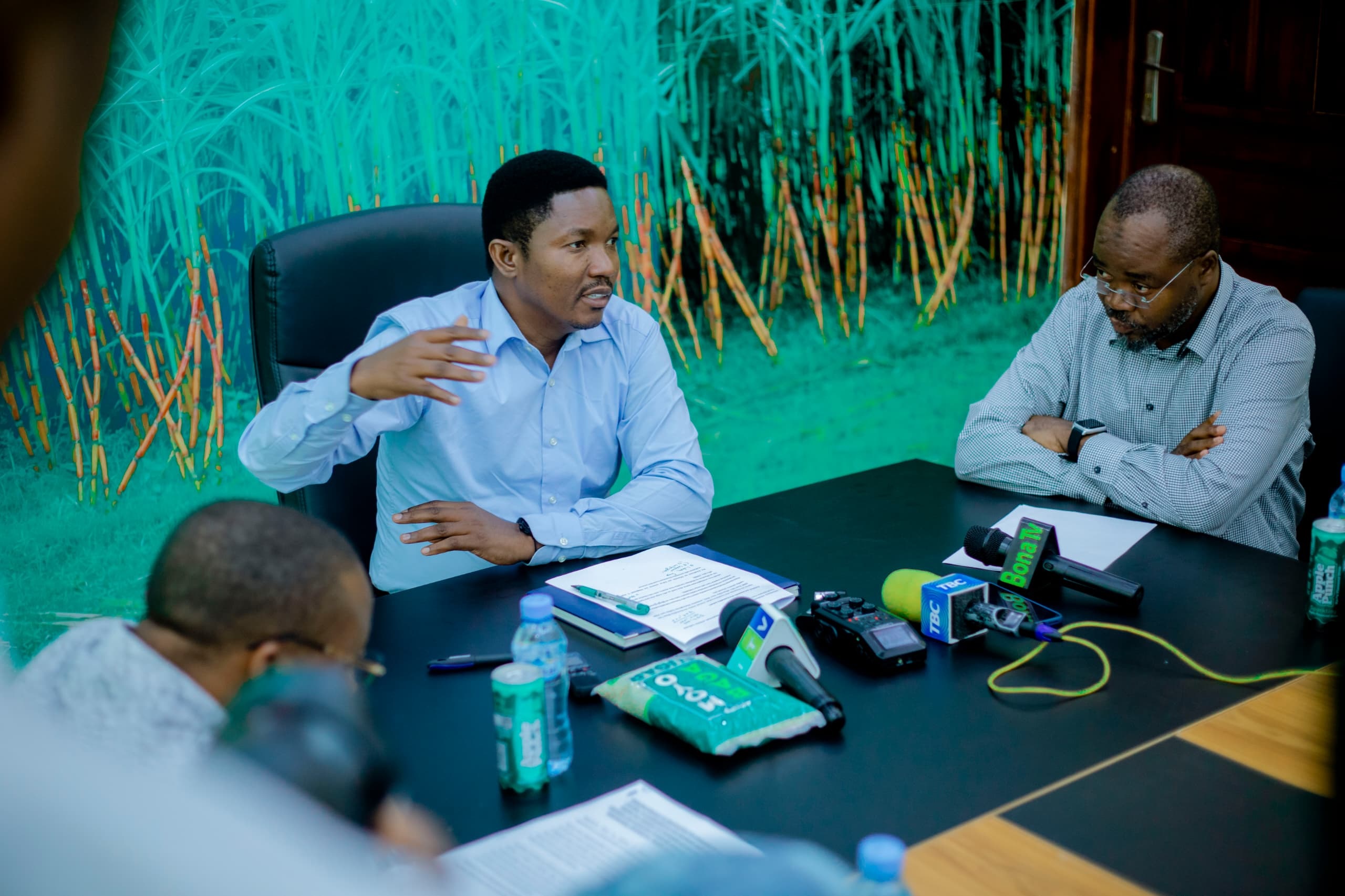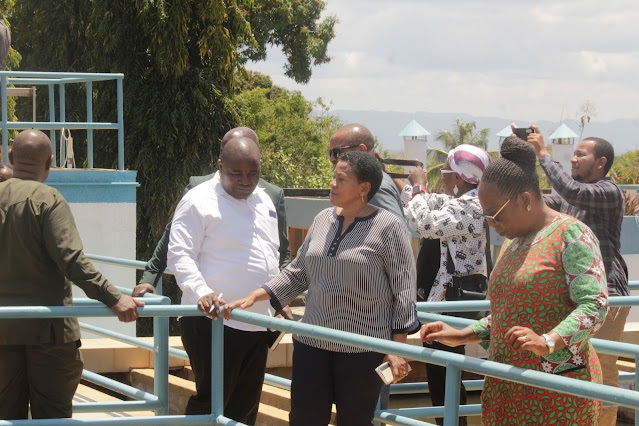SPECIAL REPORT:Sand mining on riverbanks exposes people to homeless vulnerability - 6
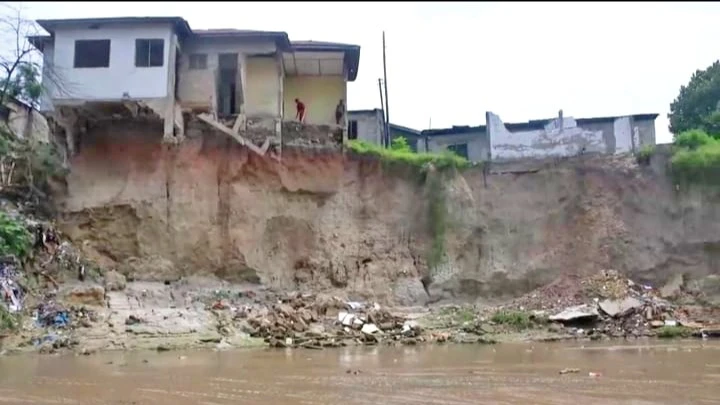
AMINA Rashid (34) is among thousands of Dar es Salaam’s residents who have tasted the pinch of illegal sand mining carried out in the city’s riverbanks.
A mother of three is living in a three-room rented house at Kwa Gude suburb in Ilala district of the city after their house at IPTL Tegeta Street was in March this year washed away by rain water.
According to her, when she built the house with her husband in 2008, the Tegeta River runoff was over 60 meters away as required by Section 57 (1) of the Environment Management Act No. 20 of 2004.
But as days passed by with tremendous illegal sand mining, Tegeta’s riverbank was slowly washed away, bringing her house even closer to the river.
“We legally secured the plot with all government documents. The River was about 100 meters away but today you can’t tell that a house was built there;
In my opinion, illegal sand miners who are not obligated with planting enough bamboo trees along the riverbanks have led to my family’s fate,” she said.
She blamed the fact that the river has no retaining walls significantly contributed to the wash away of my house.
Her husband Ally Mziray (45) said that he now incurs a monthly rent worth 120,000/-.
“I used to live in my own house for 13 years after my wife and I had sweated away for three year in building the house that fetched 28mn/- but here I am today living as a tenant at this age,” said Mziray.
According to him, his house was among the 16 houses that were washed away by the river waters leaving over 90 people homeless.
Habiba Chande (47), a widow who is living in her elder sister’s house for six years now after her house which was built 100 meters away from River Ng’ombe in Sinza suburb of the city was washed away.
She blamed the government for not building retaining walls on the city’s major rivers so as to prevent them from continuous erosion caused by storm waters.
Observation by this journalist has proved that sand mining on Dar es Salaam’s riverbanks is accelerating landscape degradation thus widening surface runoff which has resulted in people’s residential houses being washed away by floods.
Since authorities in Tanzania have allowed sand mining in riverbeds, sand miners are required to plant bamboo trees along the riverbanks to prevent them from continuous widening of river channels.
This is not the case with the majority of legal and illegal sand miners operating in the city’s river are not fully abiding to the existing regulations.
Geoffrey Mkinga, Manager Tanzania Rural and Urban Roads Agency (TARURA) for Dar es Salaam region said that retaining walls for some of the City Rivers shall be built during the implementation of the Dar es Salaam Metropolitan Development Project (DMDP) phase two to commence before the end of 2024.
According to him, the World Bank (WB) funded second phase of DMDP fetches $438 million and will be implemented over a period of six years. The project is expected to be implemented in all five district councils of the Dar es Salaam city.
“Among other amenities the project will cover construction of storm water channels covering 90 kilometers and three landfills. Storm water channels covering 67 kilometers were constructed in phase one of the project that fetched $330.30 million,” said Mkinga.
The budget speech by the Vice President’s Office, Union and Environment 2024/25 tabled in the National Assembly in April 2024 states that Dar es Salaam city has been exposed to severe damage of rivers attributed to illegal sand mining.
"In the financial year 2023/24, a total of 37 permits for sand mining were issued in Dar es Salaam city after thorough inspection and professional evaluations which have significantly reduced illegal sand mining that causes damage to riverbanks in the city,” reads part of the speech.
Andrew Mkule (32), a Secondary school teacher and resident of Dar es Salaam said that with the ongoing preparation of the National Development Vision Plan 2050, climate resilience issues must be among the top priorities.
“The government should set a clear roadmap of how the Vision will advocate for climate resilience programmes,” said Mkule.
The World Meteorological Organization (WMO) in its 2023 report dubbed: ‘State of the Climate in Africa’ states that the continent is increasingly shouldering a disproportionate burden from climate change effects, with rising costs for essential adaptation efforts.
The report reveals that African countries are losing an average of two to five percent of their Gross Domestic Product (GDP) due to climate change-related impacts.
The WMO states in the report that, in Sub-Saharan Africa alone, climate adaptation initiatives costs will range between $30 and $50 billion annually over the next decade, representing two to five percent of the region’s GDP.
The report which was officially released on September 2, 2024, in collaboration with the African Union Commission, the United Nations Economic Commission for Africa, and the Africa Ministerial Conference on Meteorology at the 12th Climate Change for Development in Africa (CCDA) Conference in Abidjan state that come 2030, up to 118 million Africans particularly those living on less than $1.90 per day could face severe exposure to floods, drought or extreme heat if adequate response measures are not observed.
“This alarming projection threatens to undermine poverty alleviation efforts and stifle economic growth,” reads the report in part.
African nations are urged to prioritize increased investment in hydrological services and national meteorological weather predictions alongside active dedicated implementation of the Early Warnings for All Initiative.
“The initiatives are essential to mitigating risks, building adaptive capacity, and bolstering resilience at local, national and regional levels, thereby supporting sustainable development goals,” reads the WMO report.
WMO Secretary General, Celeste Saulo said in a circular statement that Africa has observed a warming trend since the past 60 years which has become more rapid than the global average.
“In 2023, the continent endured deadly floods, heat waves, heavy rains, prolonged droughts and tropical cyclones. These extreme events have had devastating impacts on communities and serious economic implications,” said Saulo in the statement.
Top Headlines
© 2024 IPPMEDIA.COM. ALL RIGHTS RESERVED












